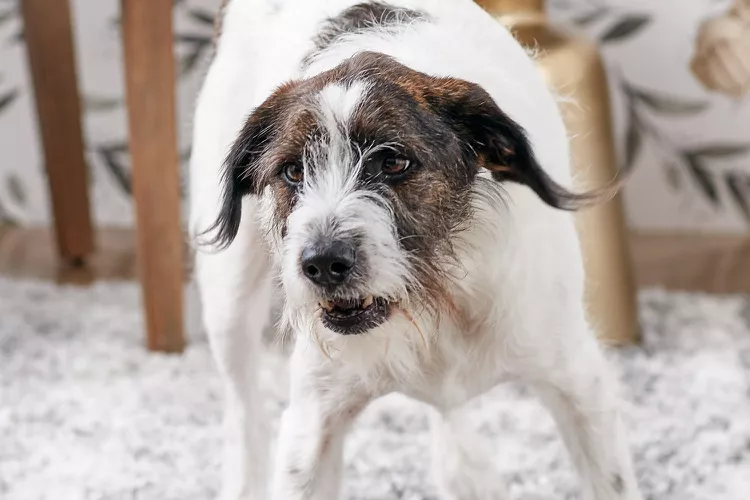
Dogs growl as a way to communicate. Growling indicates pain, fear, possessiveness, aggression, or that a dog is having fun. You have to identify the reason a dog is growling to be able to interpret the vocalization and decide how to respond to the growl.
Learn the different reasons a dog would growl so you know how to react appropriately, whether it's to engage in play or address a stressor.
Growling is one way your dog communicates with you. It growls to let you know that it's afraid or in pain, or needs you to back away from its possessions or territory. Often your first instinct is to run from a growling dog or to punish it for growling. Because growling can be the first sign of more serious aggression, it's important to handle a growling dog appropriately.
Your dog is trying to tell you something when it growls. Growling is a sign of an underlying problem. Rather than teaching your dog not to growl, you must determine the reason why the dog is growling and address that issue. Once the underlying problem has been dealt with, it's likely the growling will be reduced or eliminated altogether.
Several situations can cause your dog to growl. If your dog is growling as a reaction to pain or illness, you may notice that it only growls when certain parts of its body are touched. The dog may also show other symptoms of illness or injury, such as decreased appetite, lethargy, weight loss, biting or licking specific areas of its body, or hair loss. The solution to the problem of a dog that growls because of pain or illness is to immediately call your veterinarian. The proper medical treatment should alleviate the pain, which should lessen or stop the growling.
If your dog typically growls at strangers or specific people, such as children or men, or when the dog is in an unfamiliar place, the growls are most likely due to fear. A dog may also growl in situations that trigger fears, such as during thunderstorms or fireworks displays. Some aggressive dogs may be ill and suffering from an anxiety disorder.
If you can determine the cause of the fear, the natural course of action is to remove it (if possible) from the dog's life. If determining the cause or removing the cause seems impossible, reach out to a behavior specialist for help.
An example of this is the dog that growls at the mail carrier, delivery person, or any other person that the dog thinks doesn't belong on its property. If a dog growls as a consequence of territorial aggression, you may also notice it growling over other territories, like its place on the couch or its spot on the bed. The dog may growl whenever it senses that someone is encroaching on its perceived territory. This "someone" could be a stranger or even a family member. This type of behavior can be modified and is best determined and helped by a specialist.
This is also referred to as resource guarding. A dog that displays possession aggression may growl when someone approaches it while it's eating, playing with certain toys, or chewing on a bone or rawhide. This reaction can be avoided with a training program that will help your dog understand appropriate reactions.
Some dogs naturally growl when they're having a great time. This growling often occurs when two (or more) dogs are playing with one another or if the play is associated with tug toys. This is usually a harmless expression of feelings. It should be monitored closely, though, especially with puppies, since the growling behavior can quickly move toward aggression.
As a dog owner, you probably get upset when your dog growls. Your first reaction may be to suppress the growling by scolding or punishing the dog. This is never a good idea. By teaching your dog that growling isn't acceptable behavior, you're taking away its ability to warn you that it may bite. You may have heard stories about dogs that bite with no warning. But, in many cases, this is because the owners trained their dogs not to give a warning growl first.
The key to getting a dog to stop growling is not to suppress the growls but rather to deal with the underlying problem. Once the pain, fear, possession aggression, or territoriality has been dealt with, the dog will no longer need to growl.
Territoriality, possession aggression, and fear are serious behavior problems. Depending on the degree of the behavioral problem, the dog may respond well to a training program or may need a much more in-depth behavior modification program. A dog trainer or animal behaviorist can help you evaluate the dog, and determine the best course of action for dealing with these issues. As you work with this type of trainer, be as specific as possible as to what you think triggered the growling. The trainer will likely work with the dog to slowly condition it to accept the trigger and not growl in its presence.
While you're working to determine the cause of the growling, don't ignore it or it's likely to get worse. Be careful around your dog until you figure out why it's growling. Additionally, you may want to help your dog modify its behavior until the situation is under control. For example, if your dog always growls at the mail carrier, close the window shades and eliminate any sightlines while you work on the problem.
If possible, eliminate triggers, avoid stressful situations, and caution others (both dogs and humans) to keep their distance to prevent a dog bite. For example, you may not want to introduce your dog to new dogs, bring it to a dog park, or host a loud party until you get help.
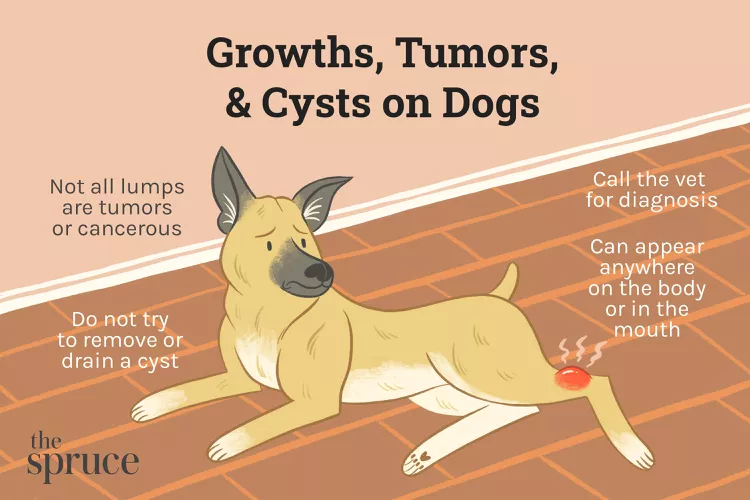
Tumors, Growths, and Cysts in Dogs
Tumors, lumps, growths, or cysts are commonly found on dogs. Learn the causes, treatments, and preventative measures.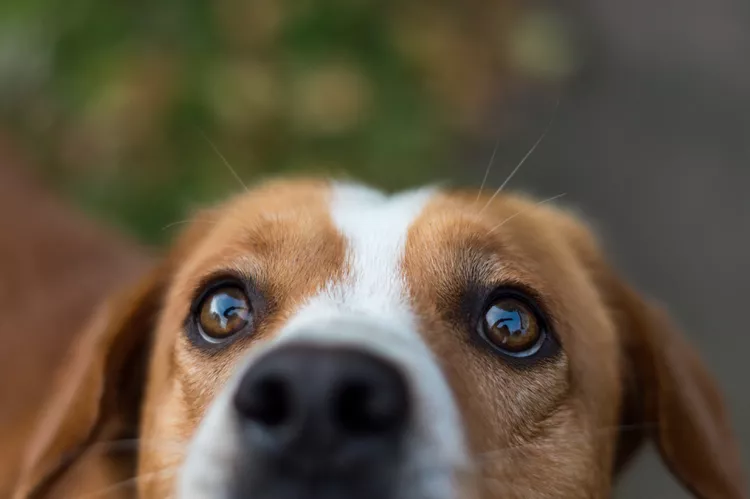
Eye Injuries and Infections in Dogs
Dogs can suffer eye injuries that range from mildly irritating to serious medical emergencies. Learn the causes, treatment, and prevention.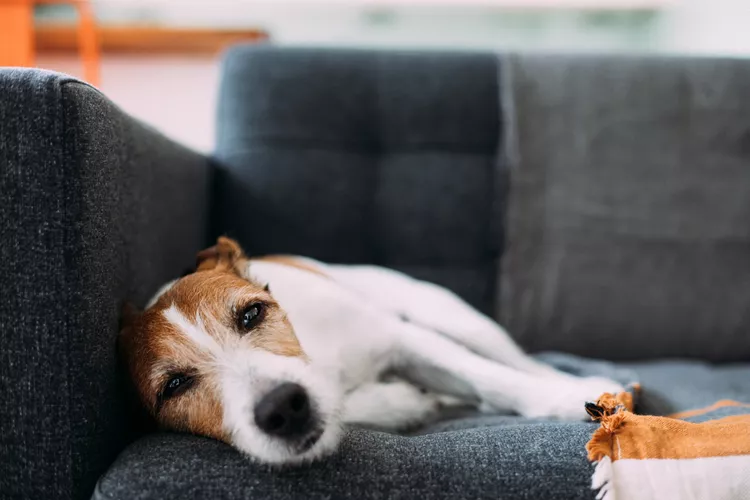
Vestibular Disease in Dogs
Vestibular disease affects a dog's balance and eye movements. Find out about the signs, causes, and treatment of vestibular disease in dogs.
Is Acetaminophen Safe for Dogs?
Acetaminophen is used by humans for pain and fever relief, but is it safe for dogs? Here's what you need to know before giving your dog acetaminophen.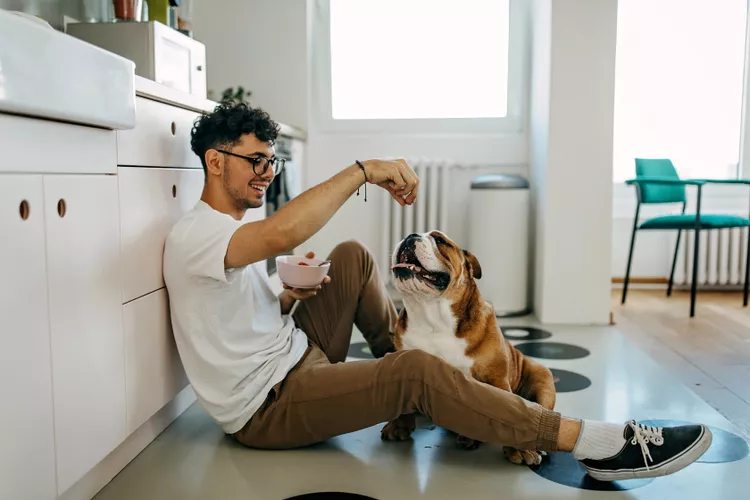
Can Dogs Eat Zucchini? Everything to Know About This Hardy Summer Squash
Zucchini is a nutritious food that's safe for dogs to eat in moderation. This low-calorie, high-fiber vegetable can be incorporated as a healthy treat in a dog's balanced diet. Learn more about its health benefits, potential risks, and how to prepare it.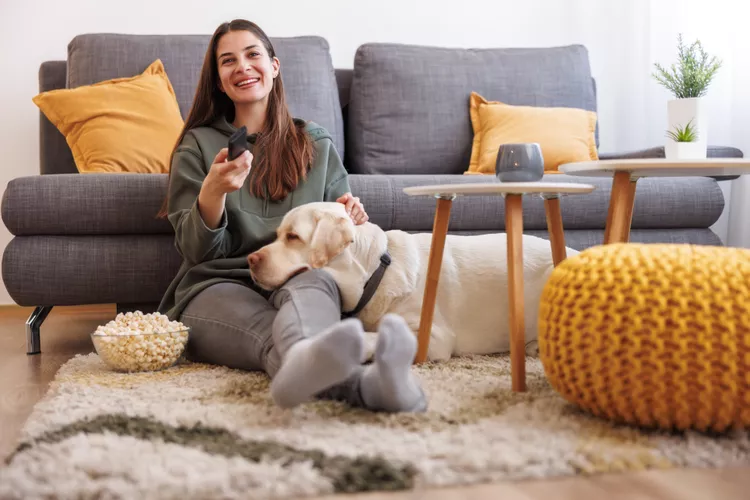
Can Dogs Eat Popcorn? What You Need to Know for Movie Night
Dogs can eat popcorn, but there are safety concerns. Find out how to safely feed your dog popcorn and what you should do if you're concerned.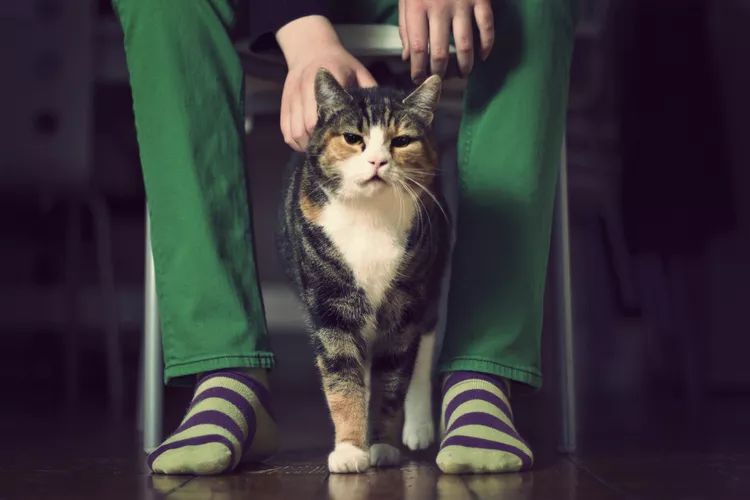
65 Irish Cat Names
Irish cat names can pay homage to historical places, local cuisine, famous Irish actors and musicians, or other wonderful aspects of the Emerald Isle.
46 Egyptian Cat Names
Whether inspired by notable Egyptian deities, locales, or pharaohs, Egyptian cat names can bring out the divinity of your noble feline companion.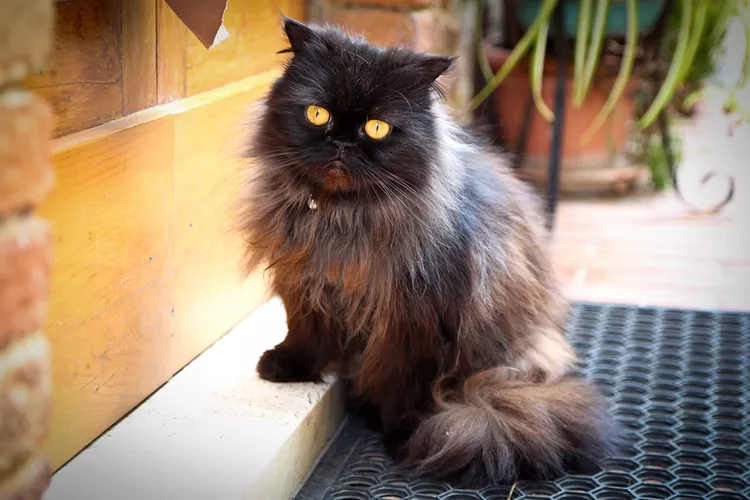
Are Ant Traps Safe for Cats?
Here's how to know if ant traps are safe for cats and how to keep yours free from harm if you have an ant problem.
The 6 Best Cat Nail Clippers of 2024 for a Safe Trim
Clipping your cat's nails can save your furniture and keep your kitty comfortable. We asked veterinarians for their cat nail clipper recommendations.
Is Neosporin Safe for Cats?
A brief summary of concerns a cat owner should be aware of before putting Neosporin on their cat, plus tips for things they can use at home instead.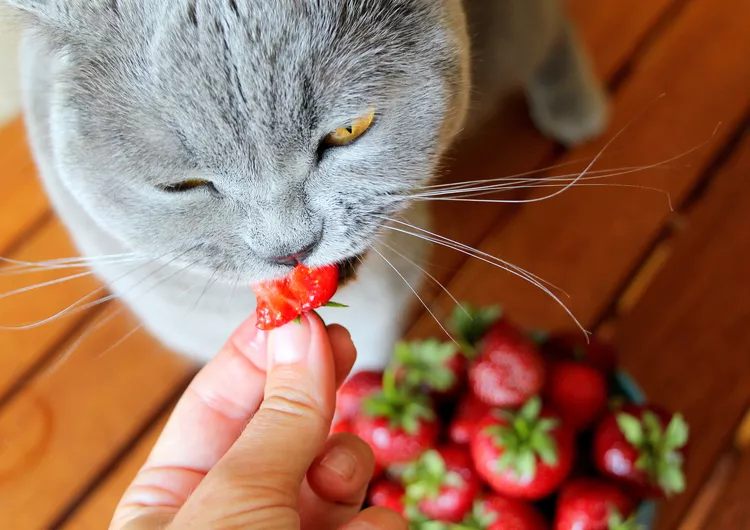
Can Cats Eat Strawberries? How to Safely Share This Summer Berry
Although cats are primarily meat eaters, strawberries may be an interesting and tasty snack for your feline friend. Find out the risks of feeding strawberries to cats and how to safely let your cat enjoy this fruit.
Cute Pictures & Facts About Calico Cats & Kittens
Learn fascinating facts about calico cats, including photos, the genetics behind this color combination, and common folklore and traditions.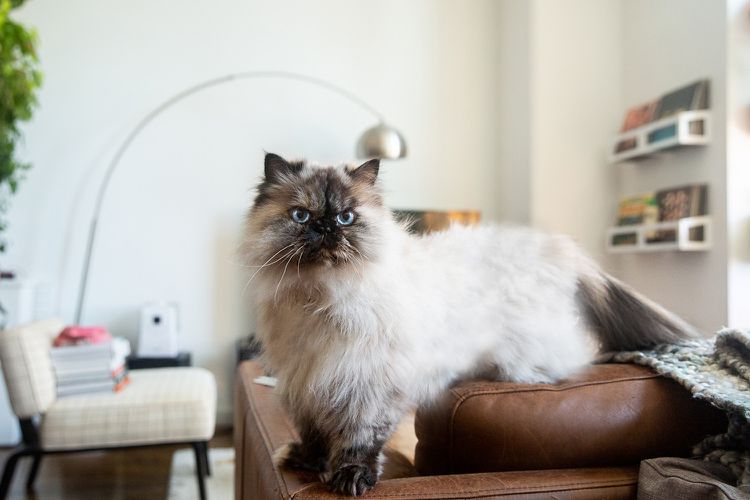
12 Most Popular Cat Breeds for Feline Lovers
These 12 cat breeds, like the Siamese and Sphynx, are known for their unique appearances and personalities. Learn what makes them so popular.
Balinese: Cat Breed Profile, Characteristics & Care
The Balinese cat is playful, sociable, elegant, intelligent, and a touch on the vocal side. Learn about the Balinese, including appearance, temperament, health, and care needs.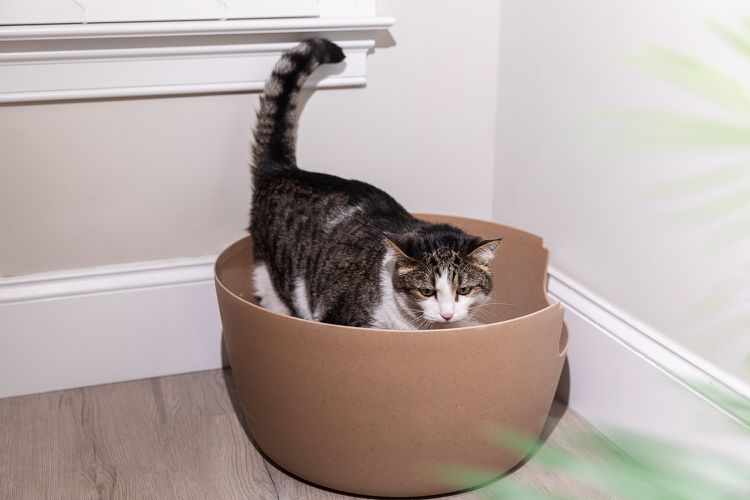
Why Cats Don't Always Cover Their Poop
Cats may not cover their poop for a few different reasons, including being territorial, sending a message to their owner, and not liking the litter.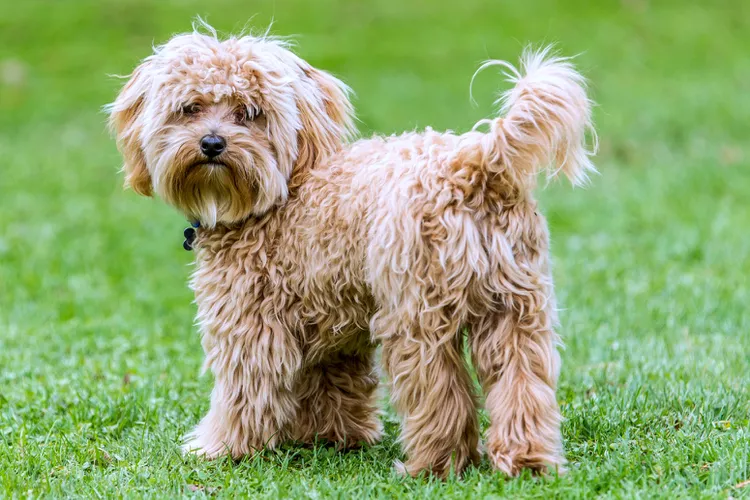
Cavapoo: Dog Breed Characteristics & Care
The Cavapoo is a hybrid of the Cavalier King Charles spaniel and a toy or miniature poodle. Learn why these teddy-bear-looking dogs make the perfect addition to your family.
Why Dogs Eat Poop and How to Stop Them
Is your dog eating poop? Some dogs do this because of stress or illness. Learn how to prevent stool eating, or coprophagia, in dogs.
Can Dogs Get Depression? How to Help Your Sad Dog
Can dogs get depression? Learn about the signs of depression in dogs and find out how to help your sad dog.
4 Reasons Why Your Dog Licks Their Butt
Butt-licking in dogs can be a part of normal grooming, but excessive butt-licking is not normal. Read about the most common reasons for this behavior.